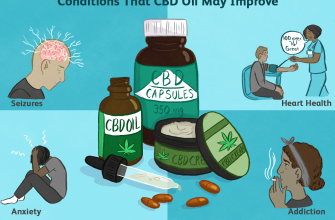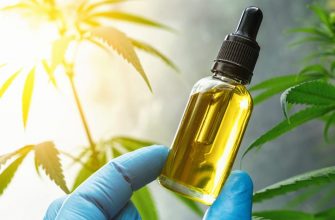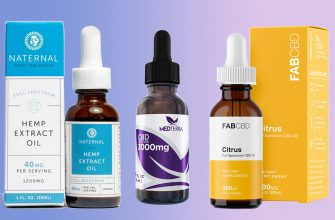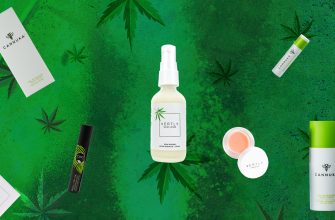Just the other day, the oldest evidence of cannabis smoking was discovered in China: hemp seeds in incense burners, which are 2500 years old. Due to the increased interest in this topic, we want to tell you about cannabidiol – what it is, where it is used and whether its consumption is legal.
Cannabidiol also has an abbreviated name – CBD (or the English version of CBD). So, cannabidiol is a non-narcotic chemical compound, a substance that is found in cannabis and has a dozen different properties that affect the human body in different ways. In many countries, such as the United States, United Kingdom, Switzerland, and Canada, CBD is completely legal. The authorities of the above countries classify it as a drug because, according to numerous studies, it helps in the fight against epilepsy, acne, post-traumatic stress disorder and social anxiety disorder. In addition, there is ample evidence to suggest that CBD may have beneficial effects in fighting cancer and alleviating the symptoms of Alzheimer’s and Parkinson’s.
How and where is CBD used?
The history of CBD began in 1998, when British scientist Joffrey Guy founded a pharmaceutical company that developed and in 2010 for the first time in the UK launched the production and sale of a drug based on CBD. Since 2011, Germany, Spain, Canada have approved the miracle cure, followed by the US in 2018.
Currently, CBD is mostly used in medicine, because since 2017, the World Medical Organization has recommended that the whole world exclude CBD from the list of controlled substances. From that point on, the image of the cannabis leaf on the product has become a virtue for many corporations that pride themselves on incorporating CBD into their products. But since the World Health Organization gave the go-ahead, most manufacturers began to make various products with such a component – from cigarettes to beer, wine, gummies, coffee and skin creams.
In addition, after some research, it was possible to establish a positive effect of CBD on the treatment of addiction to tobacco and marijuana. Probably thanks to such studies, CBD cigarettes and cartridges with liquid containing cannabidiol have been sold abroad for a long time.
It is possible that the use of CBD for medical purposes is quite effective. CBD has shown itself to be an effective remedy, however, the effect of this substance on the human body has not been fully investigated: long-term medical studies have not been carried out, and therefore all the potential negative properties of CBD may not be identified. While allowing a large number of diagnosed cases of healing, the use of CBD for medical and non-medical purposes must be extremely careful.
What is the attitude to CBD in the Russian Federation?
Basically, CBD lacks a psychoactive component, which means it does not have any psychoactive properties and does not induce drug intoxication.
According to the Criminal Law of the Russian Federation, for the storage of THC and its isomers starting from 0.05 grams, criminal liability begins. Article 228 of the Criminal Code of the Russian Federation… However, cannabidiol (CBD) is not included in the list of narcotic drugs and psychotropic substances. The position of CBD in Russian legislation is ambiguous. On the one hand, the Ministry of Health is interested in CBD, the Ministry of Agriculture and the Ministry of Industry and Trade support, and the Ministry of Internal Affairs is cautious or withdraws: everyone has different approaches and interests.
Well, we we advise you to refrain on the consumption and production of CBD in Russia and monitor the development of medicine, as well as medical research that is being carried out in relation to the not yet fully researched cannabidiol.







